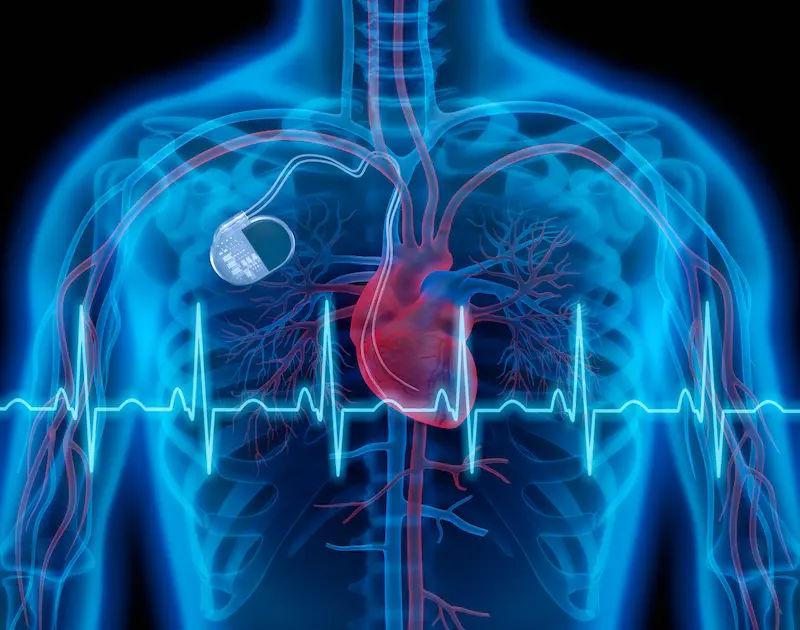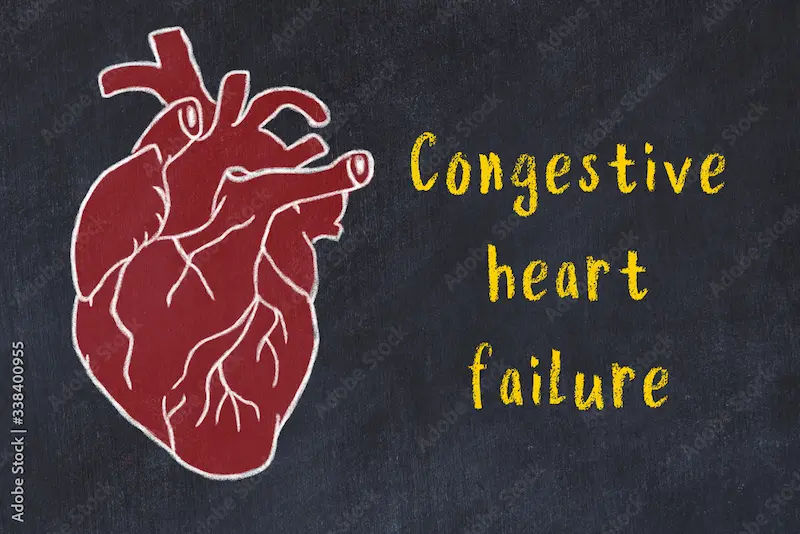- female
- 40 Years
- 29/01/2025
I've been having a tough time over the past couple of years with losing my job and family issues. Lately, I've been feeling this crushing sensation in my chest at times. A few years back, I was told I have mild mitral valve prolapse, but I never started any medication for it. I feel mild pain sometimes, but it never lasts more than two weeks. I'm trying to figure out if this chest pain is because of stress or my MVP. Ive also been feeling really down and anxious, especially at night, often ending up in tears. Some people close to me think I might have some psychological issues. What should I do?
Answered by 1 Apollo Doctors
It sounds like you are going through a lot of stress and emotional turmoil. The chest pain you are experiencing could be related to both stress and your history of mild mitral valve prolapse. It is important to address both the physical and emotional aspects of your health. For the chest pain related to mitral valve prolapse, you should consult with a doctor to determine if any medication or treatment is necessary. In the meantime, you can take over-the-counter pain relievers like acetaminophen to help with the pain. To address the stress and emotional issues you are facing, it would be beneficial to seek therapy or counseling to help you cope with your feelings of depression and anxiety. Additionally, practicing relaxation techniques such as deep breathing, meditation, or yoga can also be helpful in managing stress. In terms of medication, you can consider taking an antidepressant such as sertraline at a low dose to help with your depressive symptoms. It is important to consult with a doctor before starting any new medication to ensure it is safe for you. Remember to prioritize self-care, reach out to supportive friends and family members, and consider joining a support group to connect with others who may be going through similar experiences. Take care of yourself and know that it is okay to seek help when needed.
Dr. Chandra Suggests...
Consult a Cardiologist
Answered 04/07/2025
0
0

More Cardiology Health Queries
View allI'm really worried about my dad. About a month ago, he had 2 stents put in, and since then, it's been tough for him. He can't eat much, has a dry cough, and feels weak all the time. Plus, whenever he takes pantoprazole before breakfast, he gets a headache. What could be going on? Is there anything we should be doing differently?
It sounds like your father may be experiencing side effects from the medication he is taking. The dry cough and weakness could be related to the stents or the medications he is on. The headache after taking pantoprazole could be a side effect of the medication. I would recommend discussing these symptoms with his doctor. In the meantime, he can try taking pantoprazole after breakfast to see if that helps with the headache. Additionally, he can try taking medications like Clopidogrel (Plavix) and Aspirin to prevent blood clots after stent placement.
Answered by 1 Apollo Doctors
My dad recently had a heart attack and got a 40mm stent placed in his LAD. Is there still a chance he might need bypass surgery for that area later on?
Yes, it's possible your dad might need bypass surgery in the future, even after having a stent placed in his LAD. While stents are effective for opening blocked arteries, they don't address the underlying cause of the blockage, and there's a chance of restenosis (re-narrowing of the artery) or new blockages forming later
Answered by 1 Apollo Doctors
I just sneezed and my chest really hurts. Its like this sharp pain, almost like something's pulling in there, maybe even my heart. This happens every time I sneeze. Should I be worried? What could be causing this?
An ecg will help to diagnose the condition
Answered by 1 Apollo Doctors
Disclaimer: Answers on Apollo 247 are not intended to replace your doctor advice. Always seek help of a professional doctor in case of an medical emergency or ailment.





